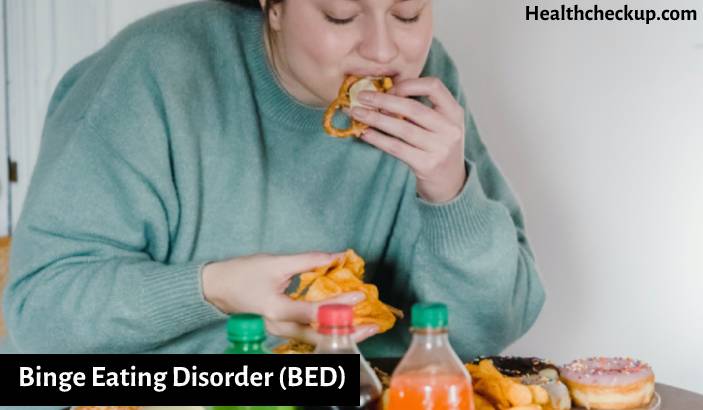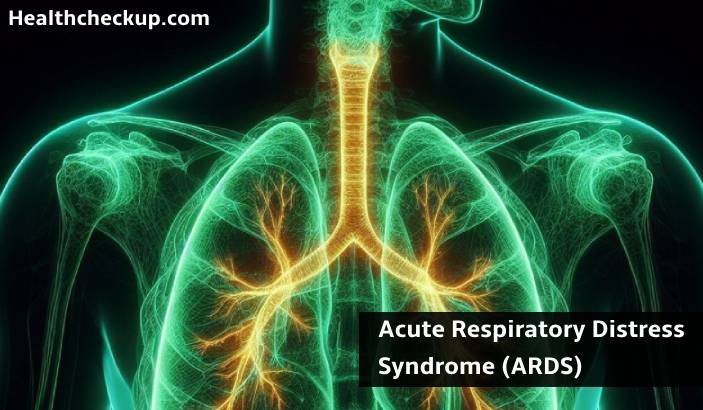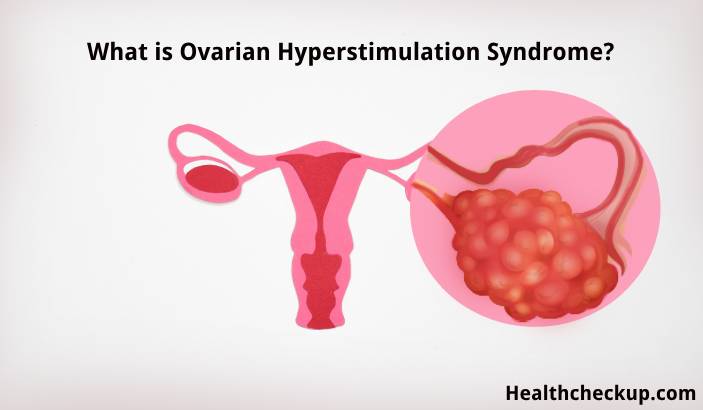Binge eating disorder (BED) is a type of eating disorder characterized by recurrent episodes of binge eating, or eating large amounts of food in a short period of time, often to the point of feeling uncomfortably full or distressed. BED is the most common eating disorder in the United States, and it can have serious physical and psychological consequences.
Symptoms
Some common symptoms of BED include:
- Recurrent episodes of binge eating
- Eating a large amount of food in a short period of time
- Eating until feeling uncomfortably full or distressed
- Eating faster than normal during binge eating episodes
- Eating alone or in secret due to embarrassment about how much food is being consumed
- Feeling distressed, guilty, or ashamed after binge eating
- Markedly increased appetite or cravings for food
It is important to note that many people experience occasional episodes of binge eating, and this does not necessarily mean that they have BED. In order to be diagnosed with BED, an individual must experience at least one episode of binge eating per week for at least three months.
Causes
The exact cause of BED is not fully understood, but it is likely the result of a combination of genetic, psychological, and environmental factors. Some potential contributing factors to BED include:
- Genetics: Certain genetic variations may increase the risk of developing BED.
- Psychological factors: People with BED may have a history of trauma, low self-esteem, or negative body image, which can contribute to the development of the disorder.
- Environmental factors: Stressful life events, such as financial problems, relationship issues, or work-related stress, can increase the risk of developing BED.
Treatment
Treatment for BED typically involves a combination of therapy, medication, and lifestyle changes. Some common treatment options include:
- Cognitive-behavioral therapy (CBT): This type of therapy aims to change negative patterns of thought and behavior related to binge eating.
- Interpersonal therapy (IPT): This type of therapy focuses on relationships and communication patterns and can help individuals with BED identify and address any underlying issues that may be contributing to their binge eating.
- Dialectical behavior therapy (DBT): This type of therapy helps individuals with BED learn skills to manage their emotions and reduce impulsive behavior.
- Medications: Some medications, such as antidepressants or antipsychotics, may be effective in reducing binge eating behavior.
- Lifestyle changes: Making changes to diet and exercise habits, such as eating regular, balanced meals and engaging in regular physical activity, can help to reduce binge eating behavior.
It is important to work with a healthcare provider or a mental health professional to determine the most appropriate treatment plan for BED. Treatment can be effective in helping individuals with BED reduce or eliminate binge eating behavior and improve their overall physical and mental health.









